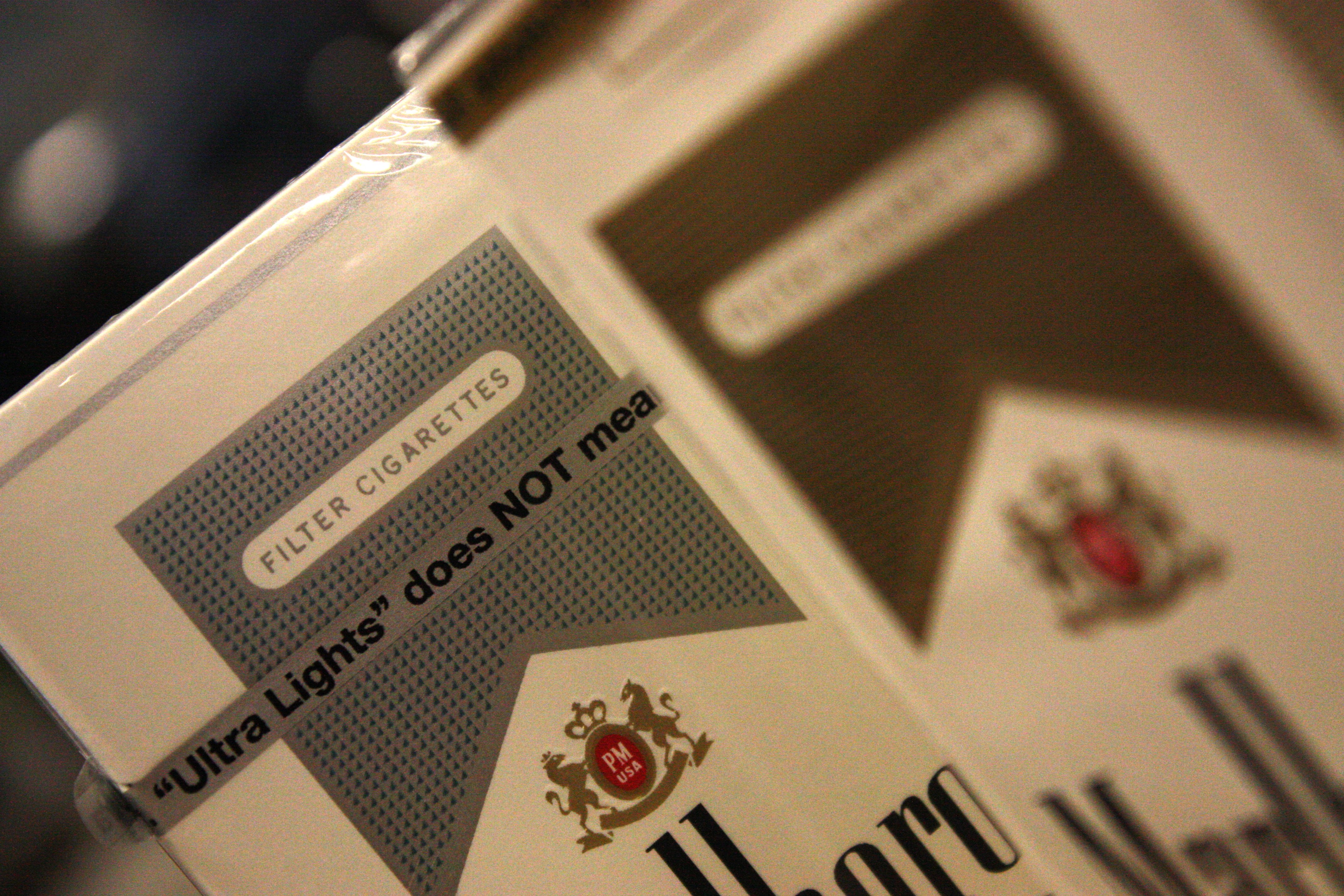Beginning June 1, anyone looking to purchase tobacco products in San Francisco must be at least 21 — not 18, the legal age in the majority of the country.
The San Francisco Board of Supervisors unanimously approved the measure on Tuesday, according to CNN affiliate KPIX. With this new legislation, San Francisco joins Boston, New York and more than 100 other U.S. cities in raising the minimum age to buy cigarettes, e-cigarettes and other tobacco products. On January 1, Hawaii became the first U.S. state to raise its smoking age to 21.
Why is this so important?
From a health perspective, teenagers — especially between ages 15 and 17 — are most vulnerable to addiction, at a time when their brains are still developing, according to a report released last year by the Institute of Medicine. Even though most middle school and high school students in the United States have never used tobacco themselves, 48% of them report being exposed to secondhand smoke, according to a recent study conducted by the Centers for Disease Control and Prevention.
The American Academy of Pediatrics, among others, strongly recommends increasing the minimum age to buy tobacco products to 21 nationwide. Doing so would result in nearly 250,000 fewer premature deaths and 50,000 fewer deaths from lung cancer among people born between 2000 and 2019, according to the Institute of Medicine report.
It would also mean no high school students would be old enough to buy tobacco, said Dr. Karen Wilson, an associate professor of pediatrics at Children’s Hospital Colorado. “Many children under 18 get tobacco from those over 18 at their school,” she said.
Wilson said there is some evidence that exposure to nicotine (either directly or via secondhand smoke) primes their brains and makes them more likely to be addicted to nicotine in the future.
“Tobacco (is) arguably the most addictive substance on the planet, which has no redeeming qualities whatsoever, in any way, shape or form,” said CNN chief medical correspondent Dr. Sanjay Gupta. “No matter what your age, smoking is one of the single worst things you can do to your body.”
The best thing you can for your health: Quit — and you don’t have to wait years to see the benefits.
Just 20 minutes after smoking your last cigarette, your heart rate and blood pressure begin to drop. In 24 hours, your risk of heart disease actually goes down. Two weeks later, your lung function has improved and you start to feel better. After five years, your risk of cancer declines. In fact, at 20 years, according to some studies, your overall risk is comparable to that of a nonsmoker.
Find tools and tips to help you kick the habit at SmokeFree.gov.



